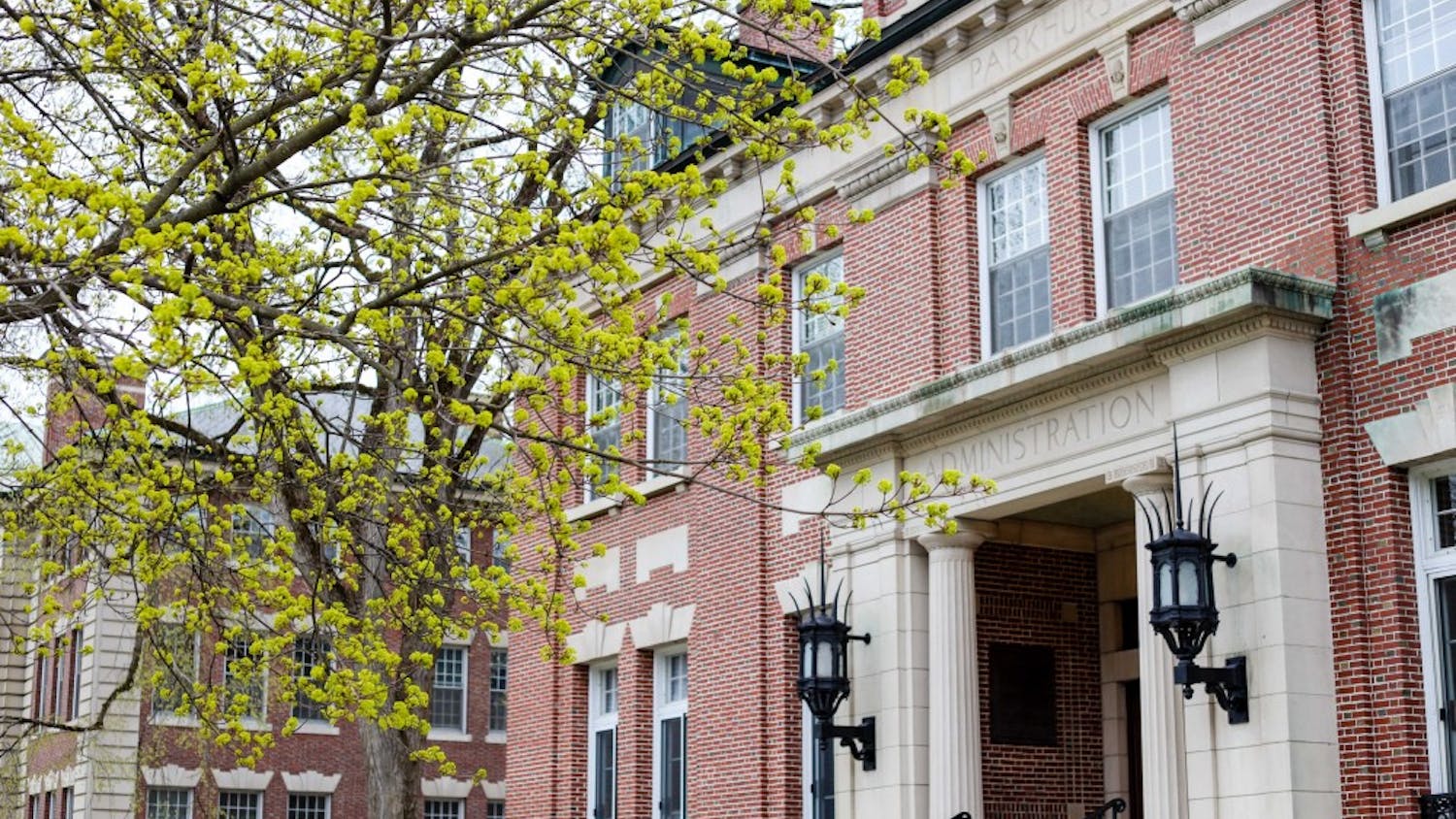Amid a nationwide increase in cases challenging results of college-led sexual misconduct investigations, last month, the College responded to the most recent case challenging its own disciplinary process. On April 30, the College filed its response to a lawsuit alleging that it led an “unfair” and biased investigation resulting in the wrongful expulsion of a male student accused of sexual assault. Dartmouth has denied the claims put forth in the complaint and has demanded a trial by jury “on all claims so triable.”
The lawsuit, which was originally filed on Jan. 7, 2019, pertains to the December 2018 expulsion of John Doe — who opted to use a pseudonym in his court filings due to the sensitive nature of the case. A Title IX investigation conducted by the College found that Doe had initiated nonconsensual sexual intercourse with a female student, Sally Smith, also referred to by a pseudonym, over Green Key weekend in 2018, consequently violating Standard III of the College’s Standards of Conduct, which prohibits students from engaging in sexual misconduct.
In his complaint, Doe alleged that his expulsion stemmed from an investigation that was “influenced by a pervasive, campus-wide bias and based upon widely discredited set of inequitable and unfair procedures.” Namely, he claims that the College failed to consider that Smith provided “altered text messages” to the investigator, the investigation did not take into account the results of Doe’s polygraph examination and the investigative process itself “lacked basic elements of due process.” The lawsuit charged the College with a Title IX violation and breach of contract, and asked that Doe be reinstated at Dartmouth with his record expunged.
Andrew Miltenberg, an attorney who has represented male clients in similar cases at Dartmouth and several other universities across the country, remarked that he has noticed a recent trend in students accused of sexual misconduct vying to clear their records.
“We’re filing a new [case] almost every two to three weeks,” Miltenberg said. “More and more, you see these students challenging the results at the disciplinary level ... I think there’s going to continue to be a steady increase in these types of cases because I think that regardless of what [U.S. Secretary of Education] Betsy DeVos does with the new guidance regarding the Department of Education and the Office for Civil Rights, there’s going to be pushback on college campuses.”
In November 2018, DeVos and the Department of Education introduced new Title IX guidelines that reinforced the right to due process of those accused of sexual misconduct. In 2017, DeVos had previously recommended changes in Title IX policy that called for the plaintiffs in sexual violence cases to be held to the same standard of evidence as in other university disciplinary proceedings.
“The guidance from the Trump administration has raised the bar for proof and the rights of the accused,” said WISE executive director Peggy O’Neil.
O’Neil added that the recent changes in Title IX guidelines have complicated the protocol by which universities respond to cases of sexual misconduct.
“I think what we’re seeing here is that Dartmouth and other institutions are trying to figure out how this all works, particularly as the White House came out during the Obama administration with some guidelines — and now the Trump administration is pulling back on those recommendations,” O’Neil said.
On March 13, the College filed a motion to dismiss the lawsuit for failure to state a claim. Judge Joseph Laplante — the federal judge presiding over the case — granted the motion to dismiss the lawsuit’s claim of a Title IX violation, but he did not dismiss the charge of breach of contract.
Miltenberg said that this is typical of the cases he has worked on, adding that judges will more readily find evidence of breach of contract than discover that universities have engaged in overt gender discrimination.
Dartmouth’s response to the lawsuit refuted the charge of breach of contract, adding that Doe has provided no evidence of a contract breach and that “Doe’s contract claims are barred by his own breach of contract.”
According to the case’s discovery plan, the date of the trial is to be determined by Doe’s academic schedule. US District Court of New Hampshire clerk of court Daniel Lynch said that there are no further updates to the case’s status beyond the records that have been made publicly available online.
Miltenberg expressed that — in line with all of his previous cases — he expects that the parties will settle out of court, emphasizing the financial and emotional burdens that lawsuits of this nature place on the accused.
“It’s very hard for these young people — they’re charged with something very serious, they have the weight of an institution bearing down on them and they really don’t have a lot of information about what it is they’re being charged with,” Miltenberg said.
Meanwhile, O’Neil stressed the importance of considering the impact that such lawsuits have on the alleged victims of campus sexual assault, particularly in light of the complex and changing landscape of federal Title IX guidelines.
“Our advocacy will remain strong, and when there are changes in protocol and policies, whether they emanate from the White House or from the College, we will get smart on them so that we can provide the best information to survivors and walk with them throughout the process,” O’Neil said.
College spokesperson Diana Lawrence and Title IX coordinator Kristi Clemens declined to comment on the lawsuit. Doe’s attorneys could not be reached for comment by press time.
Elizabeth Janowski '21 is the news executive editor of the 177th directorate. Hailing from Brookfield, Wisconsin, she is pursuing a double major in history and film and media studies.



